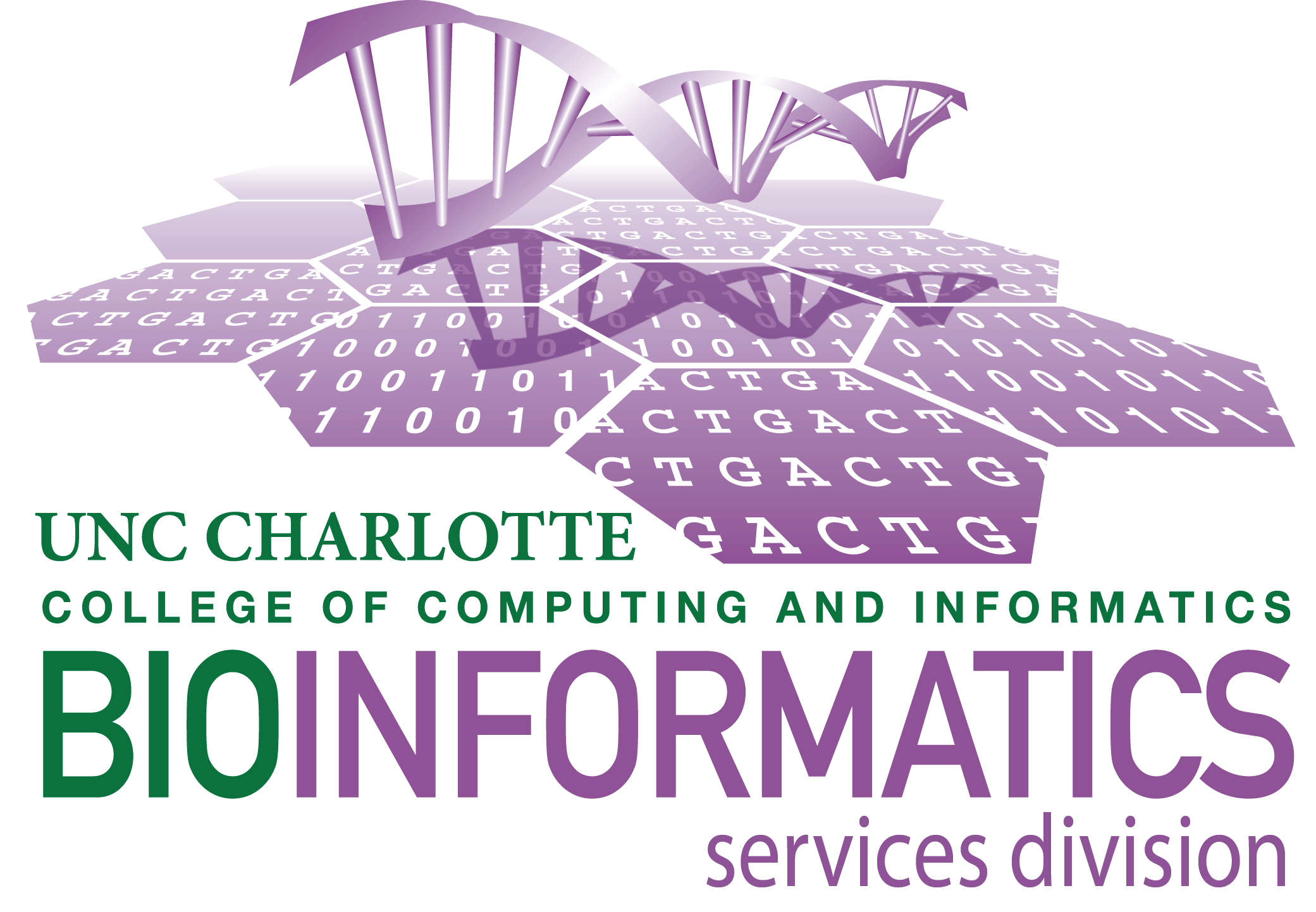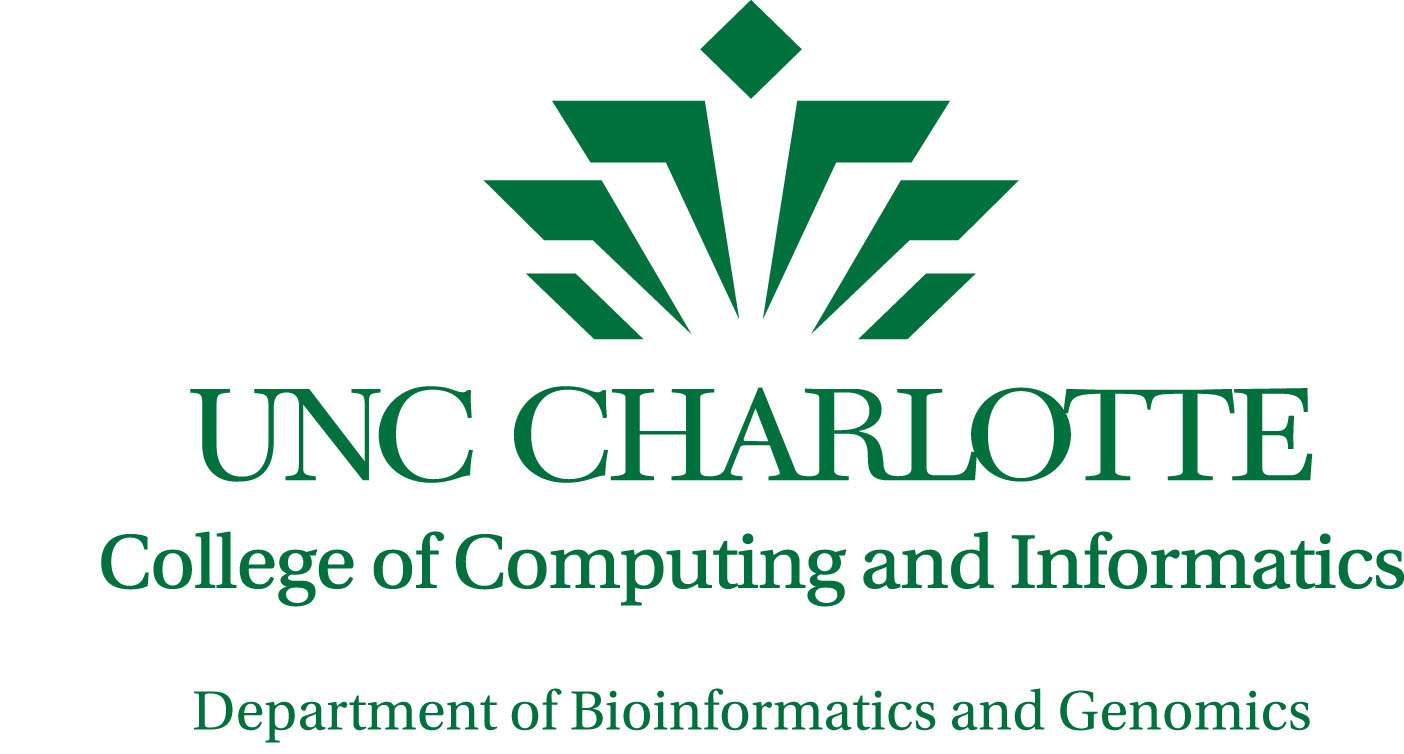Introduction
GAGE is an established method for gene set (enrichment or GSEA) or pathway analysis.
GAGE is generally applicable independent of microarray or RNA-Seq data attributes including sample sizes,
experimental designs, assay platforms, and other types of heterogeneity,
and consistently achieves superior performance over other frequently used methods.
For more information, please check the paper.
GAGE Web provides easy interactive access to GAGE analysis. It features:
- A complete pathway analysis workflow based on GAGE and Pathview
- Support to >3000 species, dozens of molecular IDs, various omics data and gene-set data (KEGG pathways, Gene Ontology, SMPDB etc);
- Over-representation test on preselected gene or molecule lists i.e. the discrete version of pathway analysis.
Credits
Gage and Pathview web is designed and developed by Weijun Luo and Yeshvant Kumar Bhavnasi. We also get support from Steven Blanchard, Cory Brouwer and the whole Bioinformatics Service Division (BiSD) at UNC Charlotte.
Disclaimer
Gage and Pathview is an open source software package distributed under GPLv3. Pathview downloads and uses KEGG data. Academic users may freely use the KEGG website, but other uses may require a license agreement (details at KEGG website).
Citations:
Luo W, Friedman M, etc. GAGE: generally applicable gene set enrichment for pathway analysis. BMC Bioinformatics, 2009, 10, pp. 161, doi: 10.1186/1471-2105-10-161
Luo W, Brouwer C. Pathview: an R/Biocondutor package for pathway-based data integration and visualization. Bioinformatics, 2013, 29(14):1830-1831, doi: 10.1093/bioinformatics/btt285
Please cite the GAGE paper and pathview.uncc.edu if you use this website. In addition, please cite the Pathview paper if you the Pathview visualization here. This will help the GAGE and Pathview projects in return.
Sponsors
This project is sponsored by BiSD and Department of Bioinformatics and Genomics, and is supported by the Faculty Innovaton Fund to Weijun Luo from the College of Computing and Informatics.

